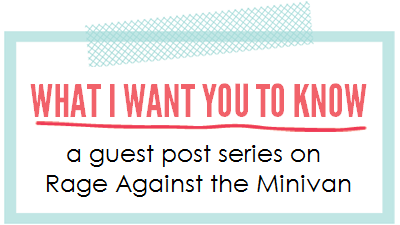Dear Esteemed Clients,
This letter, although personalized, is for all students/consumers of Psychiatric medications. It is written with the demoralized patient in mind and heart.
I’m attending a Psychopharmacology conference this week. Not because I love the world of diagnosis, medication, and clinical treatment (although it has an essential place), but because I want to understand you and your medications. I know your medication management can feel more like a high stakes poker game than a streamlined science. You wait for the river to turn up aces and you get twos instead. That is, you hope the benefits will outweigh the side effects, but your current cocktail of tapering, titration, or cross-tapering leads to yet another bad withdrawal effect.
I also know that you suffer the side effects in silence. You tolerate restlessness, sleeplessness, weight gain, mood fluctuations etc., because you think this round of medication is the best it’s going to get, OR because you don’t know how to communicate your symptoms. I want you to know, I hear you. And, you don’t have to settle.
Your doctors are stretched thin in a system where more hours are spent doing administrative work than face to face with patients. And you feel it, acutely. You feel the sterility of baring your soul with their backs turned because they’re typing furiously at the details of your medical confession. You feel their harried pace as you’re pushed in and out of offices. You feel your brain shut down as you’re pressured to share all pertinent diagnostic information in 2.5 minutes. Your doctors have a near impossible task, and so do you.
I hear you. I’m at this conference because I want to better serve you and your pursuit of medication management. I, too, am tired of the many complexities of collaborating with other professionals, and I’m tired of how that affects my ability to advocate for you. I believe there’s a better way, and I’m determined to find it.
So here’s what I want you to know:
1. Self-advocacy is essential. It’s easy to assume your doctor is all-knowing and there’s a great chasm between their expansive knowledge and your limited understanding. But you know your body better than anyone else. You know when something doesn’t feel right. You know when it does. Please advocate for yourself if you know something is wrong. Ask questions; give feedback; keep working at it until there’s a manageable solution.
2. A lot can be done to manage side effects. If your side effects feel debilitating, speak up. You don’t have to settle. It may be a simple tweak, or an added booster medication that can make all the difference.
3. Data is a doctor’s gold mine. Create a medication timeline with dates, symptoms, and previous medications prescribed, and side effects. This will provide a reference point for you, me, and other important providers. The more exact data you can give to your doctor, in simple format, the better he or she can eliminate months of trial and error. And don’t forget to tell your doctor about all vitamins and supplements, because they may interact with your medications.
4. Journal your treatment. After you start a new medication, jot down some brief, daily notes about experienced symptoms and changes. What do you feel physically, and what do you feel emotionally? You can use ratings on a simple scale, and there are even forms you can fill out, if you prefer. This will provide practical information to help you dialogue with your doctor and it will help your practitioner more accurately assess the efficacy of treatment. And if you’re concerned that your medication isn’t working, you’ll have data to support that conclusion. Data that will help them avoid other medications that could result in similar side effects.
5. Avoid the “medication dump”. The Psychiatrist’s worst nightmare is the patient who abandons their medication due to initial side effects without a plan and without communicating with them first. Valuable time is lost when you start a medication, go off of it due to side effects, but don’t see your doctor for another six weeks. That’s six weeks of continued suffering to then end up back at square one. This is demoralizing, among other things. IF your side effects feel unbearable, don’t suffer in silence. Call your doctor. If you can’t reach them, talk to your pharmacist. Many insurance companies also have a hotline for 24-hour consultations with a Nurse Practitioner or doctor. That hotline is another immediate option in case of emergencies.
I hope this list empowers you to make a paradigm shift: narrowing the gap between “omniscient” practitioner and “fragile” patient. Much can be done to increase collaboration, limit side effects, and establish a healthy, working relationship with your doctor. And this, of course, applies not only to psychiatric medication but all facets of your healthcare as well.
As I absorbed the myriad of psychopharmacology data this week, I was reminded that in spite of having a nearly impossible task there are Doctors in this world who care and are fiercely committed to your well-being. So am I. They’re listening; I’m listening. Talk to us.
With your health in mind.


